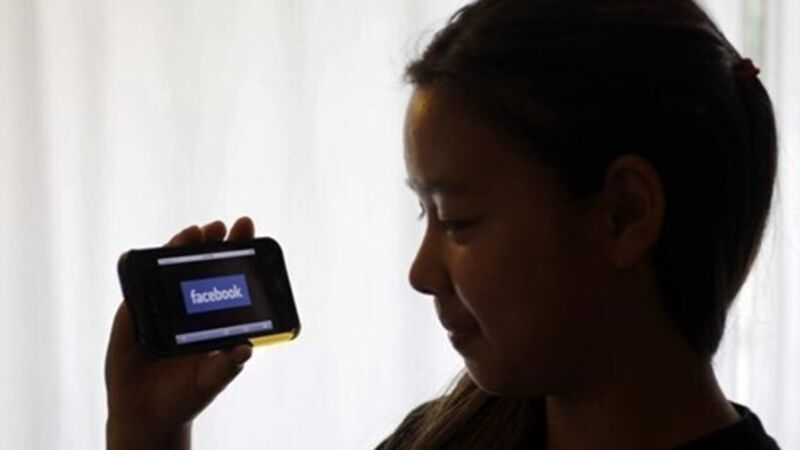Parents urged to be wary of online risks to children

As hundreds of thousands of children prepare for a new school year, parents are being advised to take precautions to ensure their loved ones are not exploited on the internet.
A return to their school friends will see an upsurge in children’s use of mobile devices and computers both as a source of information for their classes and as a means of communicating and sharing with their friends.













